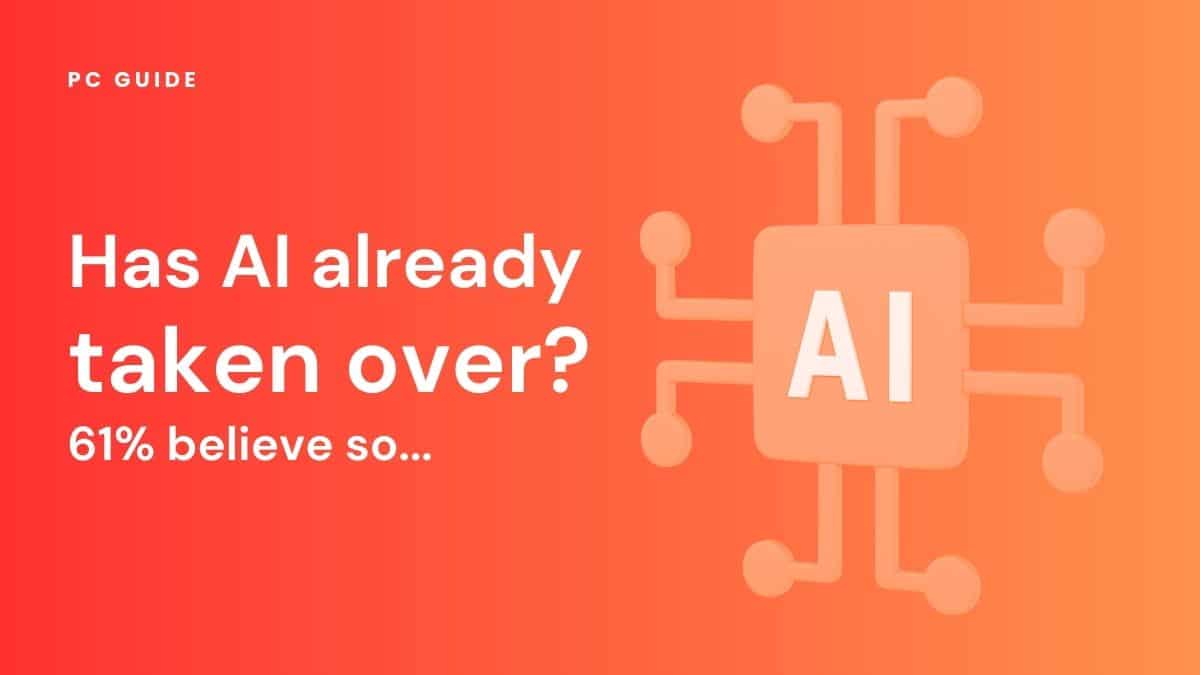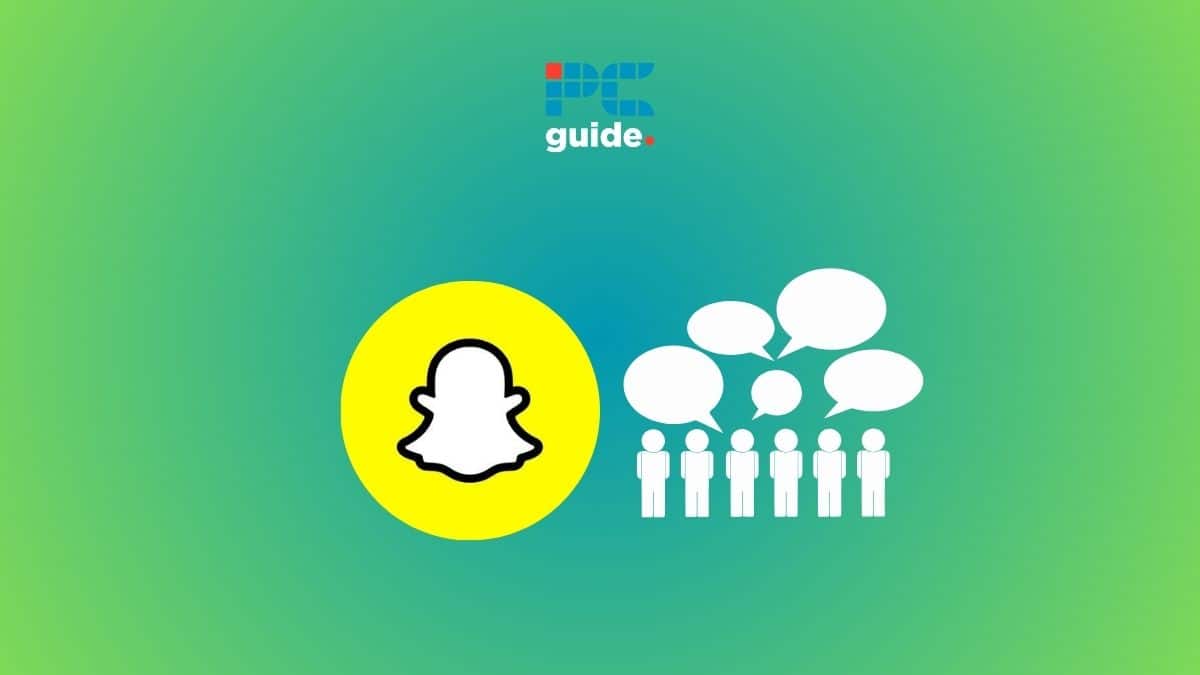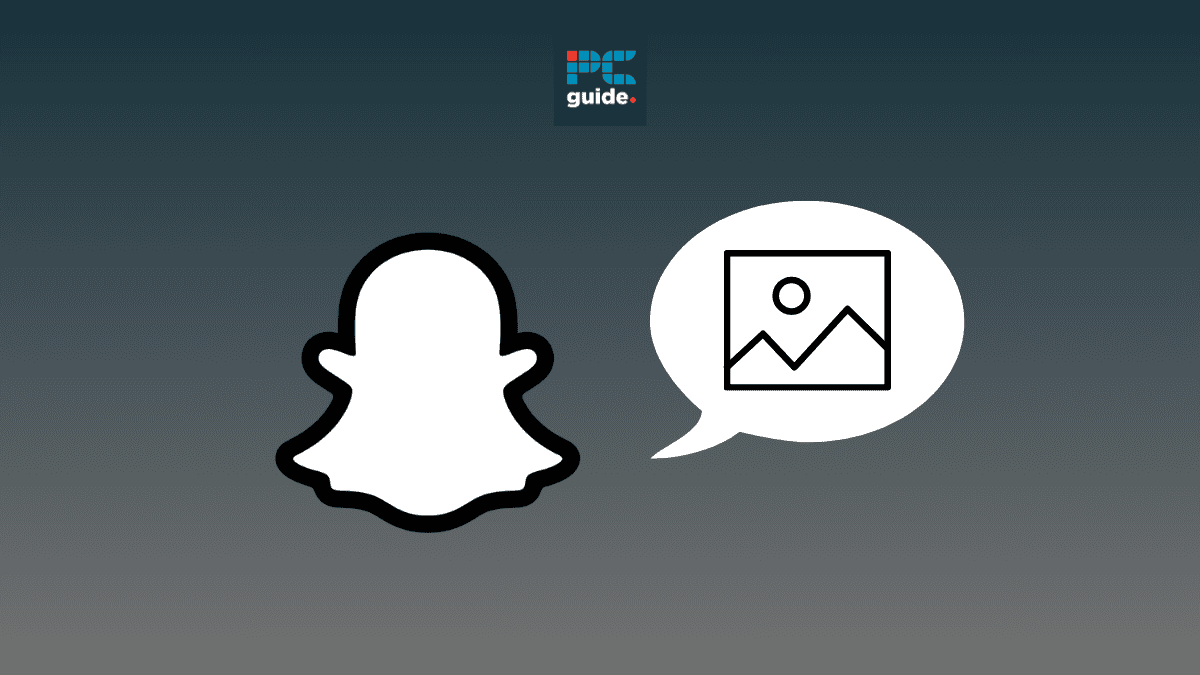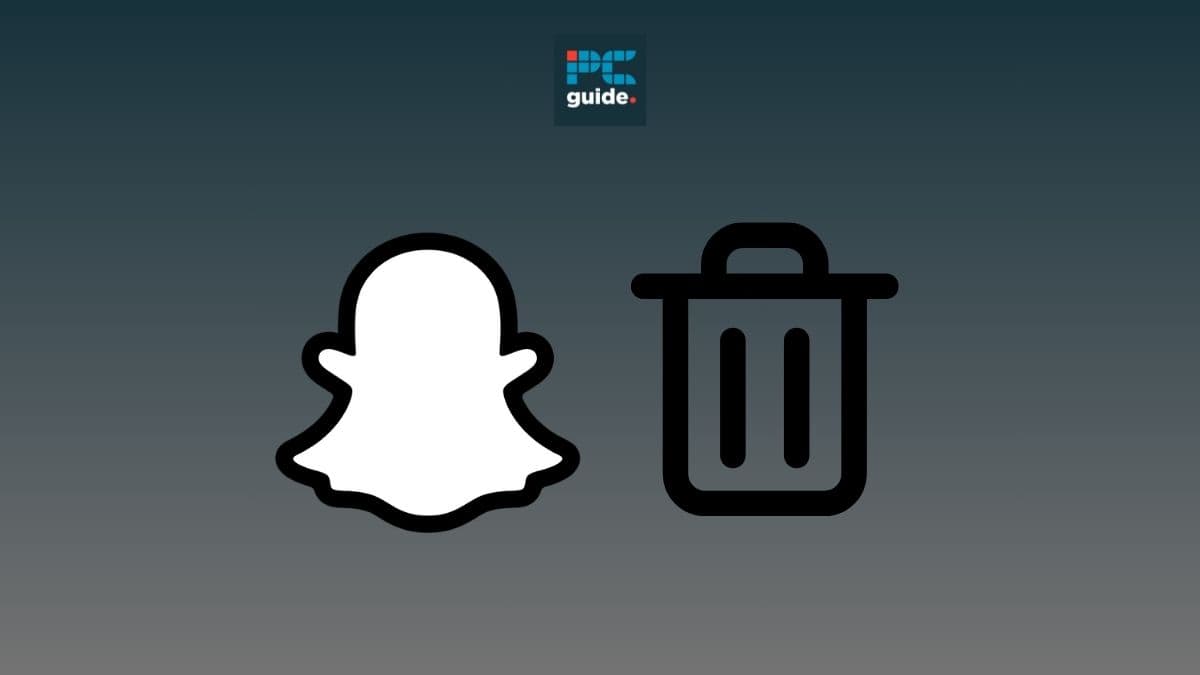In a damning vote of no confidence, Americans overwhelming distrust AI. A recent ipsos/Reuters confirms that a number of Americans believe the positive applications of AI are outweighed by the negative. If 61% of Americans think AI has already taken over, should you?
Why do 61% of Americans think AI has already taken over?
Director of US policy of the Future of Life Institute, Landon Klein, stated publicly that “a broad swath of Americans worry about the negative effects of AI,” and that he views “the current moment similar to the beginning of the nuclear era, and we have the benefit of public perception that is consistent with the need to take action.”
This is the man behind the open letter demanding a six-month pause of AI research on models more powerful than OpenAI’s GPT-4, popularised by Elon Musks concurrence (though not necessarily compliance). Apple co-founder Steve Wozniak can be found alongside over 1,000 others in the consensus that the negative applications of artificial intelligence will be disastrous to civilization if left untamed. Try “What is ChatGPT – and what is it used for?” or “How to use ChatGPT on mobile” for further reading on ChatGPT.
The Ipsos poll data
In addition to these tech giants, two-thirds of Americans (or at least of respondents to the Ipsos poll) believe the adverse outcomes of the use of AI already include us being the second-most intelligent beings on earth. In the online poll, we observe a divide in the public perception of AI between political leanings.
The data shows that “61% of respondents believe that AI poses risks to humanity, while only 22% disagreed, and 17% remained unsure. Those who voted for Donald Trump in 2020 expressed higher levels of concern; 70% of Trump voters compared to 60% of Joe Biden voters agreed that AI could threaten humankind. Advertisement · Scroll to continue When it came to religious beliefs, Evangelical Christians were more likely to “strongly agree” that AI presents risks to humanity, standing at 32% compared to 24% of non-Evangelical Christians.”
How can we save humankind from AI?
OpenAI’s ChatGPT Chatbot was the fastest growing application of all time (only usurped since by Threads, an Instagram app). OpenAI CEO Sam Altman himself echoes these concerns. This swift growth of artificial intelligence technology has catapulted AI to the forefront of public discourse, and thankfully the US Senate panel. Lawmaker Senator Cory Booker concurs that “There’s no way to put this genie in the bottle.”
Tech heavyweights Google and Microsoft publicly claim to welcome regulation of their own AI chatbots, namely Bard and Bing. Google’s own Geoffrey Hinton, British-Canadian cognitive psychologist, stepped down from his position this year citing the need for greater transparency and his own regrets regarding contributions to the field.
The AI arms race has already begun. I consider myself a futurist, and optimistic about how AI can benefit humanity – it can! However, whether it benefits individuals or the whole is in the hands of those who can fund it. AI models can cost millions of dollars per day, and for the time being firmly remain the remit of billion dollar corporations. Their potential misuse of the technology should be of concern to us all, considering the unrelenting incentive of capitalism to grow your company, your revenue, and satisfy insatiable investors at any cost. That cost may well be the future of humanity.






